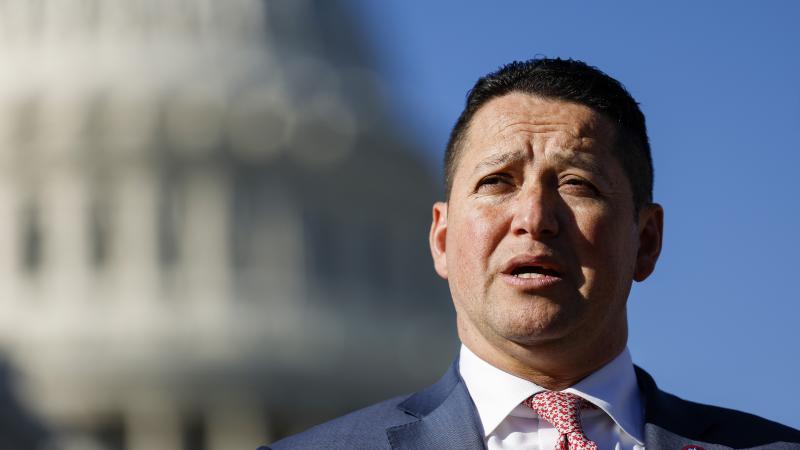White House Chief Klain criticized for retweet saying inflation, supply chain 'high class issues'
"Ron are u serious?," a person asked on Twitter. "You ever have to live off a loaf bread and a jar of peanut butter ... ."
White House Chief of Staff Ron Klain is facing backlash for retweeting a post from a Harvard professor saying the country's pressing inflation and supply chain problems are "high class issues," with critics saying his tweet was tone deaf to working-class Americans struggling with rising prices.
Klain on Wednesday night retweeted the post by professor Jason Furman, who was also chairman of the Council of Economic Advisers in the Obama administration, saying, "Most of the economic problems we're facing (inflation, supply chains, etc.) are high class problems. We wouldn't have had them if the unemployment rate was still 10 percent. We would instead have had a much worse problem.”
In Klain’s retweet, he wrote, "This," along with emoji two hands pointing downward.
"Ron are u serious?,” responded @iamthekz. "This is your defense? You ever have to live off a loaf bread and a jar of peanut butter not because you are hiking the Appalachian Trail? I have at points in last decade depended upon my Speedway reward points to get me gas & a hot dog before payday…"
A second-month-in-a-row increase in the country's Consumer Price Index in September sent inflation up 5.4% from where it was a year ago and matched the largest increase since 2008.
Supply chain issues have also made scarce and increased prices in the U.S. on goods and products – from computer chips for vehicles and washing machines to paper towels and furniture.
White House press secretary Jen Psaki on Thursday attempted to defend Klain's retweet by, she said, putting in into "full context" and said the volume and content of his tweets is not a "top priority" for the administration.
"So I think the point here is, what some of these critics are saying is we don’t know if what they’re saying is if what they thought was great was when the unemployment rate was double what it is today," Psaki said. "Or when people were locked in their homes and therefore gas prices were lower. We’re at this point because the unemployment rate has come down and been cut in half because people are buying more goods because people are traveling and because demand is up."
















